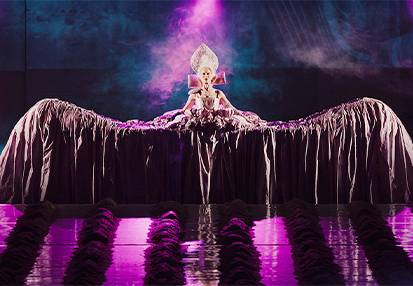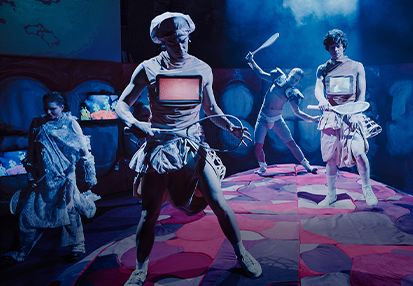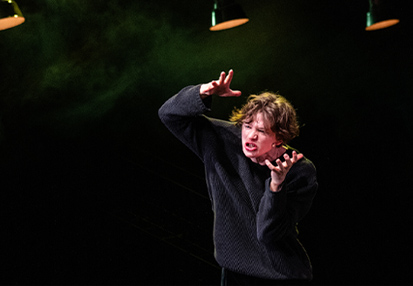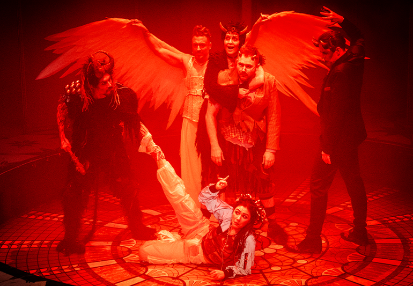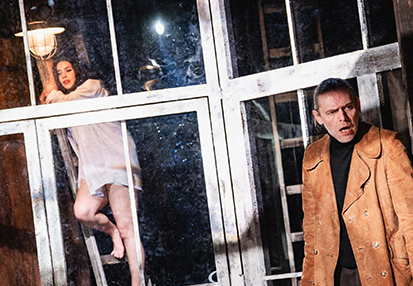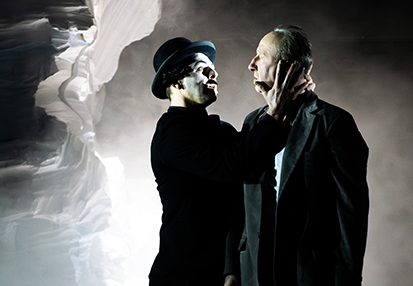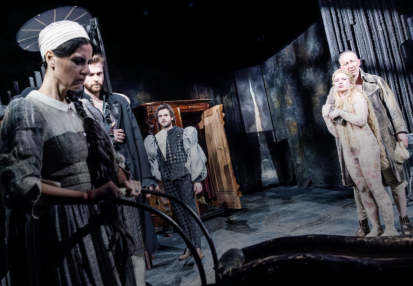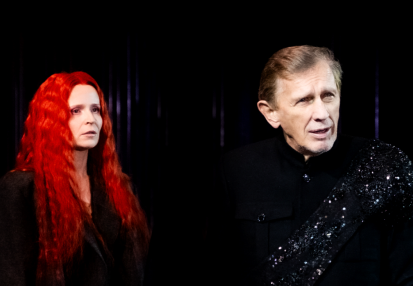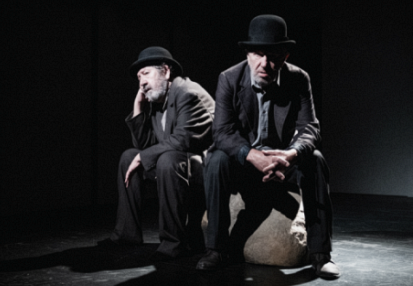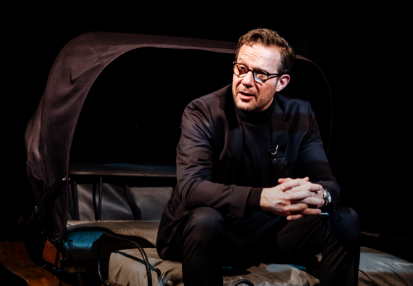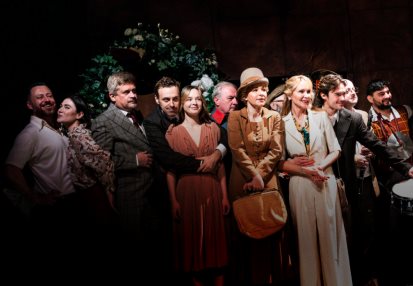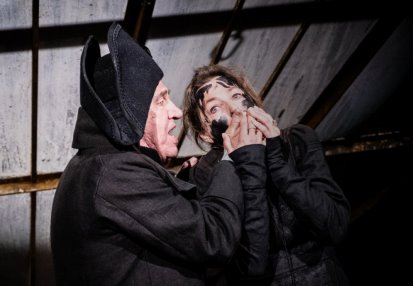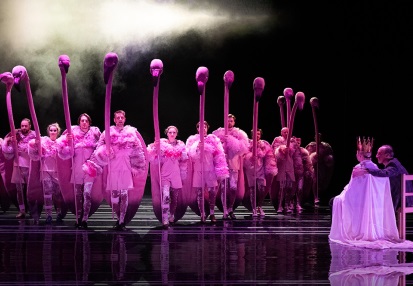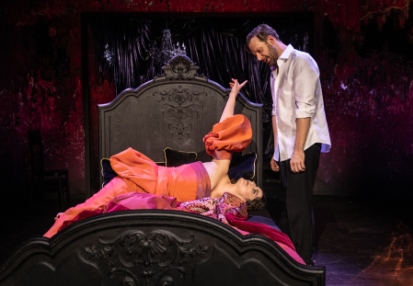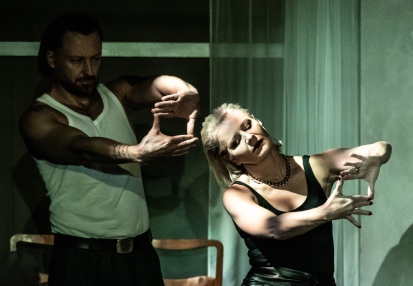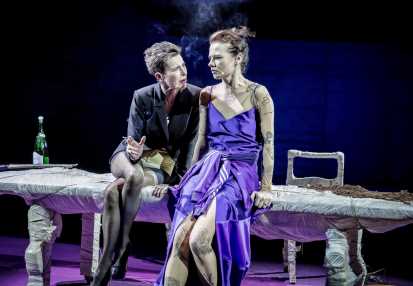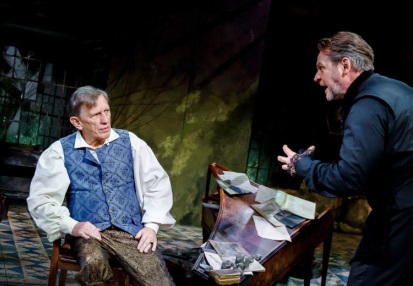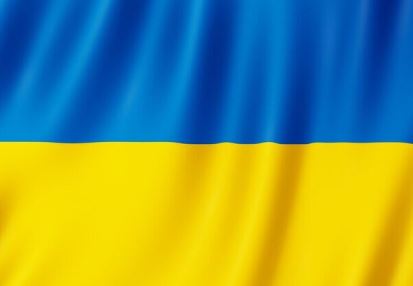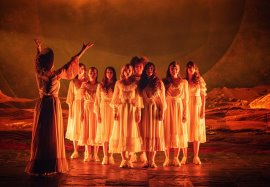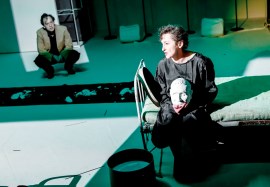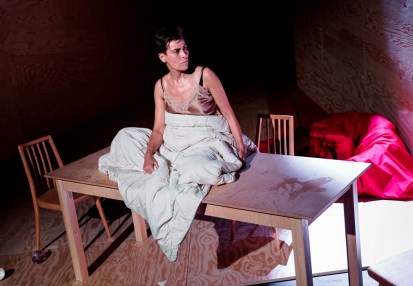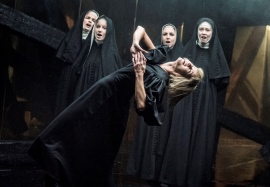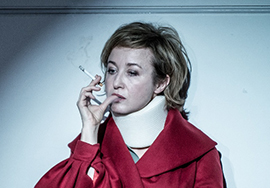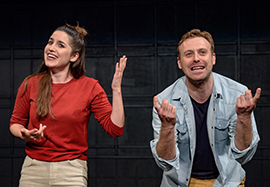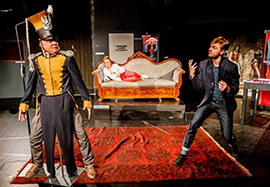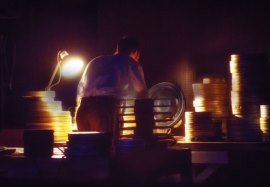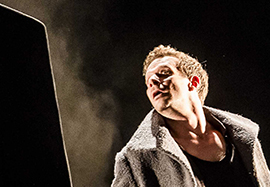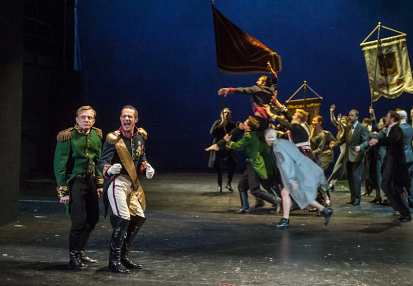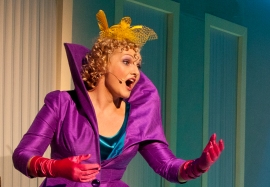"What After Grotowski?". Open lecture by Mirosław Kocur
W tym sezonie cykl wykładów w Teatrze Narodowym poświęcamy trzem legendarnym reformatorom teatru XX wieku, twórcom nowych metod aktorskich: Konstantemu Stanisławskiemu, Bertoltowi Brechtowi i Jerzemu Grotowskiemu.
Jak ich wizje wpływają na uprawianie i rozumienie teatru dzisiaj? Czy ich propozycje inspirują współczesnych twórców? Gdzie można znaleźć nieoczywiste ślady ich działalności?
COŚ TY ATENOM...? Cykl wykładów otwartych w sezonie 2016/2017 →
Co po Grotowskim?
W wielu miejscach świata ludzie wciąż studiują teksty Grotowskiego, pilnie analizują czarnobiałe filmy z przedstawieniami Teatru Laboratorium i trenują „metodę Grotowskiego”. Polski reżyser intryguje i inspiruje najczęściej ludzi bardzo młodych, zarówno uczonych, jak i artystów. Opowiem o kilku niezwykłych przypadkach fascynacji Grotowskim, zastanawiając się nad źródłami i przyczyną tego globalnego wręcz fenomenu.
prof. dr hab. Mirosław Kocur – reżyser i antropolog teatru, dyrektor Instytutu Kulturoznawstwa Uniwersytetu Wrocławskiego, we wrocławskiej filii PWST prowadzi zajęcia na Wydziale Lalkarskim. Absolwent Politechniki Wrocławskiej (1979) oraz Wydziału Reżyserii Dramatu krakowskiej PWST (1986). Projektował i budował mosty, uczestniczył w przedsięwzięciach Teatru Laboratorium Jerzego Grotowskiego, był kierownikiem artystycznym teatru Drugie Studio Wrocławskie (1987-1990) i dyrektorem festiwalu sztuki Broken Walls w Kalifornii (1991). W roku 2005 otrzymał stypendium naukowe od fundacji Fulbrighta. Reżyserował i wykładał w Polsce, Szwajcarii, Włoszech, Wielkiej Brytanii, Grecji i Stanach Zjednoczonych.
Opublikował: Teatr antycznej Grecji (2001, Nagroda indywidualna MENiS i Dolnośląski Brylant Roku), We władzy teatru. Aktorzy i widzowie w antycznym Rzymie (2005, Nagroda im. W. Bogusławskiego), Drugie narodziny teatru. Performanse mnichów anglosaskich (2010), Teatr bez teatru. Performanse w Anglii Wschodniej u schyłku średniowiecza (2012) i Źródła teatru (2013, Złota Seria Uniwersytetu Wrocławskiego, www.zrodlateatru.pl). Recenzje teatralne publikuje w piśmie „Teatr” i w portalu internetowym Teatralny.pl.
Na zdjęciu: Jerzy Grotowski, 1974, fot. Aleksander Jałosiński/Forum
